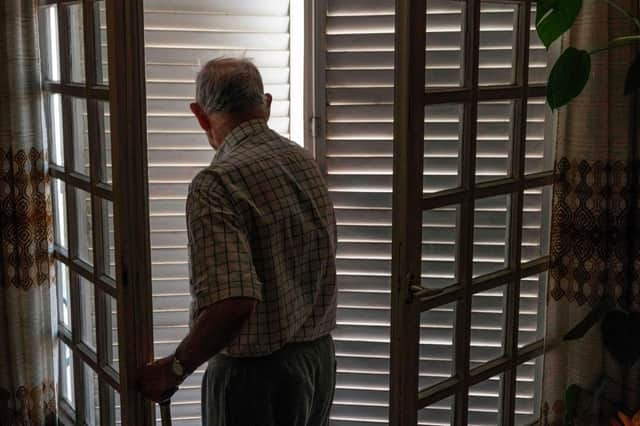Climate change could see most unBritish weather within just a few years – Scotsman comment


So explaining what this means for the day-to-day weather is important if people are to be convinced of the need for major changes to their way of life.
According to the UK’s Met Office even if carbon emissions are cut so rapidly as to restrict the warming to 1.5C, British summers could regularly see temperatures of more than 40C.
Advertisement
Hide AdAdvertisement
Hide AdSo climate change is taking the UK to a rather unBritish place where extreme heat is a real problem for many people, particularly those who work outside, as well as our native plants and animals. It will change the kind of crops farmers can grow and the look of our cities, as shutters, awnings and air conditioning units go up.
These are far from the most serious effects of climate change, such as the devastating floods and wildfires that the world has been given just a taste of in recent weeks, but may have a greater impact on the minds of some.
According to the award-winning Carbon Brief website, the world will likely exceed 1.5C of warming sometime between 2026 and 2042 if emissions are not rapidly reduced, with a central estimate of between 2030 and 2032.
So staycationers who have been enjoying the cooling breeze that often comes on a fine summer’s day in these islands should do so while they can. Regular periods of oppressive, energy-sapping and life-threatening heat could be just five short years away.
A message from the Editor:
Thank you for reading this article. We're more reliant on your support than ever as the shift in consumer habits brought about by coronavirus impacts our advertisers.
If you haven't already, please consider supporting our trusted, fact-checked journalism by taking out a digital subscription.
Comments
Want to join the conversation? Please or to comment on this article.
